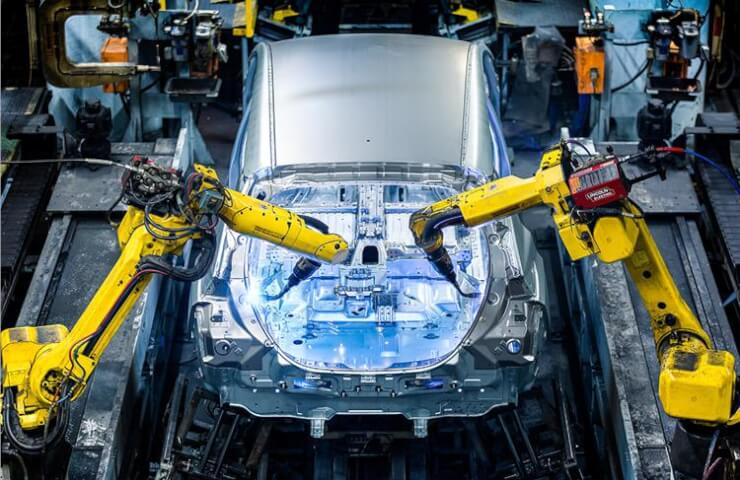Nissan Motor Co and Kobe Steel today announced that Nissan plans to use Kobenable steel for Nissan models from January 2023. Nissan thus becomes the latest global automaker to confirm the future use of mild steel. Ford, Mercedes-Benz and BMW are among other automakers that have already signed similar letters of intent with other steel companies, but have yet to confirm full transition to green steel.
Kobenable steel is said to be , commercialized by Kobe Steel, significantly reduces CO2 emissions from the blast furnace process. Kobe Steel will also supply Nissan with aluminum sheets made from "green" aluminum raw materials. Kobenable Steel will be used in production vehicles for the first time.
Nissan is committed to achieving carbon neutrality throughout the entire product lifecycle, including the extraction of raw materials, production, use and recycling or reuse of end-of-life vehicles.
Nissan is committed to achieving zero carbon emissions across all of its operations and product lifecycles by 2050. As part of this effort, all new Nissan vehicles offered in key markets will be electrified by the early 2030s.
Because roughly 60% of a vehicle's weight is made up of steel and about 10% of its weight is made up of aluminum parts, the use of green steel and green aluminum is a very effective way to reduce CO2 emissions. emissions from the production of parts, which is part of the life cycle of a car.
Thus, the decision of companies to use steel and aluminum for Nissan vehicles is not only due to a significant reduction in CO2 emissions, but also that the same level of high same quality as conventional products.
Nissan models will use the Kobenable Premier, which reduces CO2 emissions by 100% during production through a mass balance method. The exact amount of steel that Nissan will use will be determined through further discussions.
The "green" aluminum raw material purchased by Kobe Steel to produce aluminum sheets for Nissan is electrolytically smelted using only electricity generated by solar energy , which reduces CO2 emissions from the production of aluminum ingots by about 50%. Recycled aluminum materials produced at Nissan's production sites will also be used to further reduce CO2 emissions during production.




